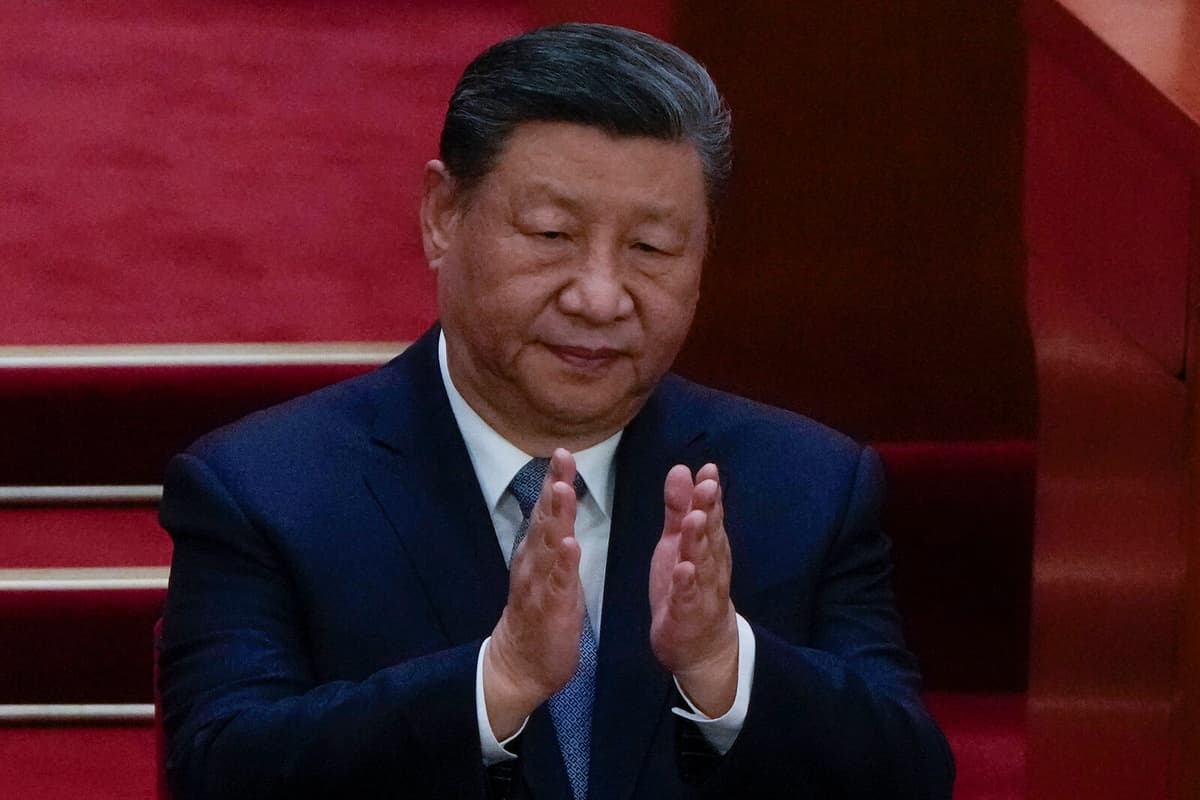The US and European stock exchanges plummeted at the end of last week following tariff announcements from first the US and then from China. However, in China, the stock exchanges have been partially closed due to a public holiday – so it's not until Monday that investors in China can trade in the new reality.
Everyone is expecting a significant downturn.
It's going to be a "bad start" on Monday. Some calculations show that a trade war can reduce China's GDP growth by two percentage points, but the government will try to handle this with stimulus packages and trade agreements with other countries, says fund manager Ng Xin Yao at Aberdeen Investments to Bloomberg.
The background is Friday's announcement from China that it will impose an additional 34 percent tariff on goods from the US, this as a countermeasure to the US and Donald Trump's earlier announcement.
Just the Chinese stock markets have shown strength ahead of the new trading week, with a 13 percent increase for the leading index since the turn of the year, which can be compared to a 14 percent fall for the New York Stock Exchange's S&P 500 index.
Another important factor is how the Chinese currency (yuan) develops, particularly against the US dollar. From Beijing's side, there is a desire to see a weakened dollar, which can strengthen exports and also reduce the consequences of Trump's tariffs.






